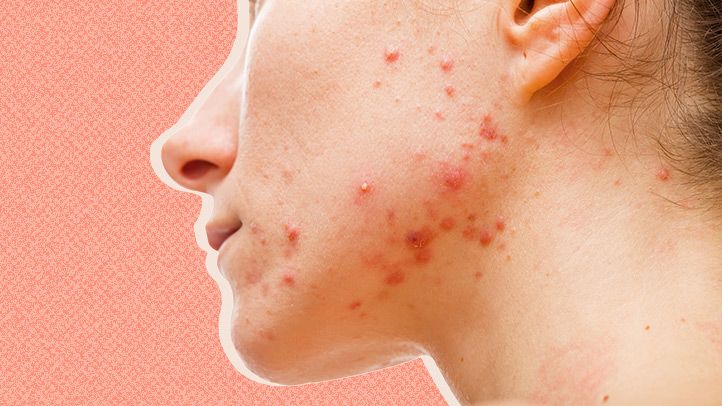
Menopause is the stage in a woman’s life that starts one year after they have their last period. This stage contains hormonal imbalances, heat flashes and many other symptoms such as dry, itchy skin, dehydration and often fatigue. But with the right care and management strategies, you can lessen the effect menopause can have on your body. Some medicines help in managing the symptoms of menopause such as Premarin. You can have a look and get a discount on cost of Premarin easily through an online pharmacy.
Apart from medicines and tips, dermatologists recommend few tips to take care of your skin.
- Apply Sunscreen
Damage from sun-rays can have significant negative effects on the skin. If you are daily exposed to the sun, then age spots and pigmentation occurs on your skin. To protect yourself from sun damage, apply sunscreen every day no matter you are going outdoors or staying indoors. Use sunscreen with SPF 30 or higher and apply it to all skin that is exposed to sunlight. This can fade away age spots, reduce chances of formation of new age spots and also reduce your chances of getting skin cancer.
- Make an appointment to see a dermatologist
Your risk of getting skin cancer and other skin issues increases with age. As the risk factor rises, skin cancer screenings become important and need to be regular. It helps you to find signs of skin cancer and or other skin diseases if any and help you treat them beforehand. You can ask for tips to create a skincare routine that suits you best in this phase.
- Start skin self-exams
During the appointment with your dermatologist, ask them how often you should examine your skin at home. Examining your skin can help you notice any irregularities in your skin texture and you can immediately contact your doctor.
- Manage Dry Skin
Menopause causes the skin to lose its ability to retain water, so the skin gets dry. With age, the skin loses to lock moisture in and so the texture gets dehydrated and dry. To lock the hydration level of your skin during the menopause phase, wash your face with a mild cleanser. Do not use soaps as soaps can be too drying. Also, skip out on the deodorant bars as they also cause dryness.
- Apply moisturizer regularly
Apply a milk moisturizer daily after you have a bath so the moisture gets locked in the skin and the skin doesn’t get drier. A moisturizer with hyaluronic acid or can help keep the skin soft and fresh. If you are looking for natural moisturizers then coconut oil is the best option. Massage your face, hands, feet and neck with little coconut oil daily.
- Exfoliate
Microdermabrasion or exfoliation is very helpful in keeping the skin healthy. Ask your dermatologist to recommend a good exfoliator and use it 2-3 times a week. Exfoliating your skin will get rid of dead skin and get a fresh new layer.







